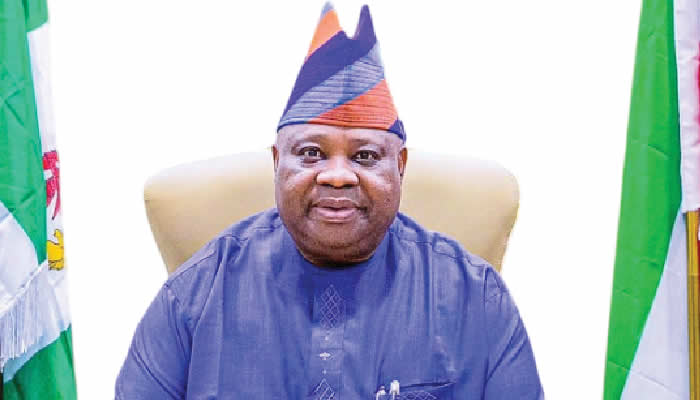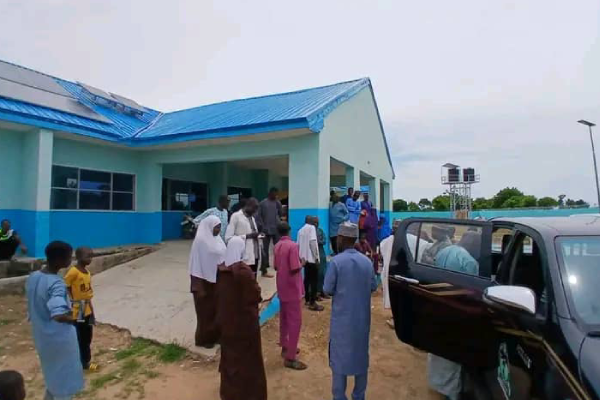In a significant move towards governance reform, Nigeria’s House of Representatives has passed a bill to scrap the immunity currently enjoyed by the Vice President, Governors, and their deputies. This development is part of a broader effort to increase accountability and transparency in government.

Key Provisions of the Bill
- Removal of Immunity: The bill proposes to limit the immunity of the President while completely revoking it for the Vice President, Governors, and their deputies. This means that once passed into law, these officials can be investigated, arrested, and prosecuted while still in office.
- Separation of Attorney-General and Minister of Justice Offices: The bill seeks to ensure that the Attorney-General of the Federation (AGF) and state Attorneys-General operate as independent legal officers, rather than as political appointees who could be influenced by the executive arm of government.
- Gender and Citizenship Rights: Another amendment aims to grant automatic Nigerian citizenship to foreign spouses of Nigerian women, a right already granted to foreign spouses of Nigerian men. The bill also proposes mandatory youth and women representation in government appointments ¹.
Implications of the Bill
The removal of immunity for Governors and Vice Presidents has been widely welcomed by Nigerians who see the immunity clause as a major enabler of corruption and impunity among public officials. Currently, under Section 308 of the Nigerian Constitution, the President, Vice President, Governors, and Deputy Governors cannot be prosecuted or arrested while in office, even if they are found to have engaged in criminal activities.
Challenges and Controversies
Despite the widespread support for the amendment, some have raised concerns about the speed at which the bills were passed through second reading without debate. There are fears that opposition figures in power may face politically motivated legal battles, and that without judicial reforms, politically exposed persons could still manipulate the legal system in their favor.
Next Steps
For the bill to become law, it must pass with a two-thirds majority in both the House of Representatives and the Senate, and be approved by at least 24 out of the 36 state Houses of Assembly. Historically, most proposed constitutional amendments in Nigeria do not survive this process, but growing public pressure for governance reforms could give this attempt more momentum ¹.














